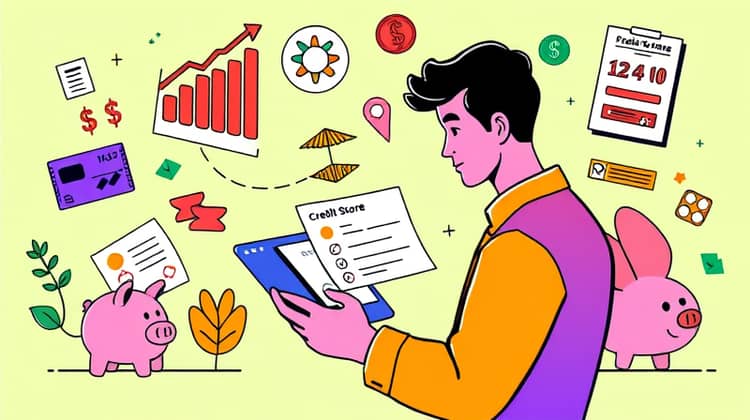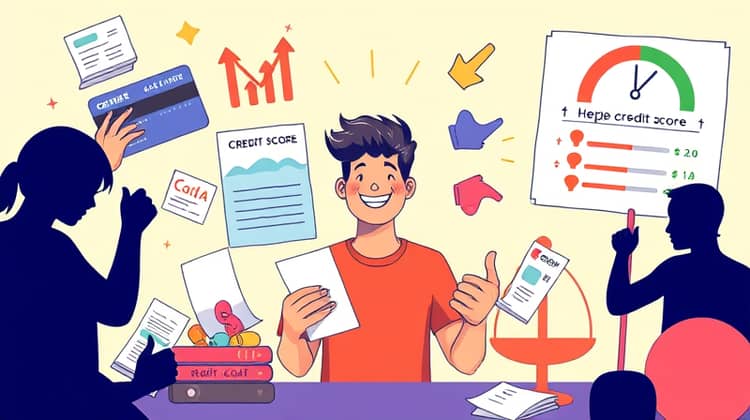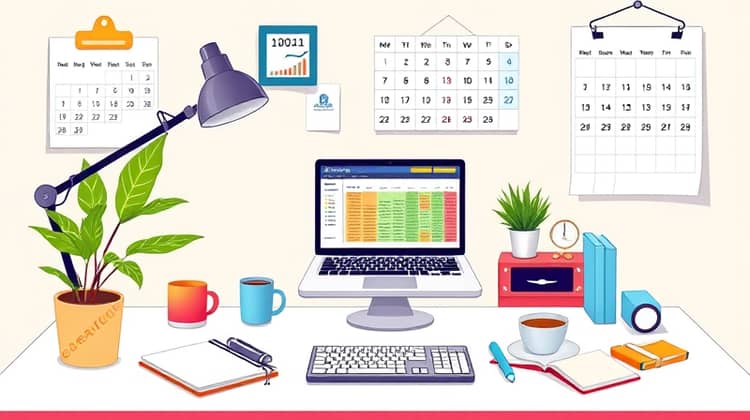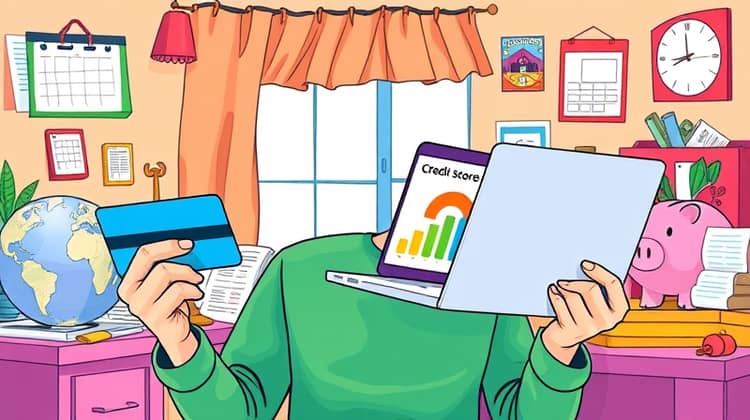Understanding how credit card payments impact your credit score is crucial for anyone looking to maintain or improve their financial health. A good credit score can open doors to various opportunities, such as securing loans, rental agreements, and even employment offers. This article will explore the various aspects of credit scores and how payment practices on your credit cards can significantly influence this vital number.
Credit scores are not impacted by one single action; instead, they comprise various factors influenced by your financial behavior over time. By understanding these different components, you'll be better equipped to maintain a healthy credit score and manage your credit responsibly.
Understanding Credit Score

A credit score is a numerical representation of your creditworthiness, compiled by credit bureaus based on your credit history. It is used by lenders to determine the likelihood that a borrower will repay their debts. High credit scores typically indicate that you are a responsible borrower, while low scores suggest a higher risk of default.
Credit scores typically range from 300 to 850, with higher scores indicating better credit health. Various factors contribute to your overall score, which we will explore in more detail. Understanding your credit score can help you make informed financial decisions and improve your borrowing potential.
- Credit scores range from 300 to 850.
- Higher scores indicate lower risk to lenders.
- Credit scores are based on your credit history.
- Understanding credit scores can help manage debt effectively.
- Credit scores affect loan approvals and interest rates.
Components of a Credit Score

Your credit score is calculated based on several components that reflect your financial habits. Each component plays an essential role in determining your overall credit score, which can fluctuate based on your behavior over time.
The five primary components include payment history, credit utilization, length of credit history, types of credit accounts, and new credit inquiries. Understanding these components will help you identify which areas you may need to improve to boost your score.
- Payment History: 35% of your score.
- Credit Utilization: 30% of your score.
- Length of Credit History: 15% of your score.
- Types of Credit Accounts: 10% of your score.
- New Credit Inquiries: 10% of your score.
Payment History: The Most Important Factor

Your payment history is the most significant factor affecting your credit score, accounting for 35% of the total score. Lenders want to ensure that you can pay back what you borrow, and past behavior is a reliable predictor of future repayment. Therefore, consistently making on-time payments is crucial in maintaining a healthy credit score.
Late payments, defaults, and bankruptcies can severely impact your credit score. A single missed payment can remain on your credit report for up to seven years, making it essential to prioritize payment timeliness in your financial management.
- Always pay your bills on time.
- Set reminders for upcoming payment dates.
- Consider automating payments to avoid missing deadlines.
- Regularly check your credit report for any discrepancies.
- If you miss a payment, address it immediately.
Ways Credit Card Payments Can Affect Your Score

Credit card payments can have both positive and negative impacts on your credit score, depending on how you manage your accounts. Consistently making your payments on time can help bolster your credit score, while late or missed payments can have a detrimental effect. Understanding these impacts is key to managing your credit effectively.
The way you use your credit cards can also influence your credit utilization ratio, which is a significant factor in your overall score. Keeping your balances low relative to your credit limit can help you maintain a good credit score.
- Make maximum payments on or before the due dates.
- Keep your credit utilization below 30%.
- Pay down high balances to improve your score quickly.
- Avoid unnecessary credit inquiries while applying for new cards.
- Establish a routine of monitoring your credit score.
How Long It Takes for Payments to Affect Your Score

Changes to your credit score from payments are not immediate but rather accumulate over time. When you make timely payments, it can take several weeks or even months for your score to reflect these behaviors, depending on the reporting schedule of your creditors and the credit bureaus.
Conversely, the negative impact of a late or missed payment could be felt almost immediately, decreasing your score within a credit cycle. Therefore, it's crucial to stay on top of your payments to maintain or improve your score effectively.
Tips for Managing Credit Card Payments

Managing credit card payments wisely can lead to a healthier credit score and overall financial well-being. Several strategies can help you stay organized and make timely payments, reducing the risk of penalties and late fees, which directly affect your credit score.
Implementing smart payment strategies can also ensure that you are always aware of your credit utilization and overall debt levels. Here are some tips to help you manage your credit card payments effectively.
- Create a budget to track your expenses and payments.
- Set up automatic payments or reminders.
- Use a payment calendar to visualize due dates.
- Try to pay more than the minimum payment due.
- Regularly review your financial statements for accuracy.
Conclusion

Understanding how credit card payments affect your credit score is vital for maintaining your financial health. By managing your payments wisely and being aware of the factors contributing to your credit score, you can improve your borrowing potential and financial opportunities down the line.
In conclusion, maintain good payment practices, keep track of your credit utilization, and regularly monitor your credit report to secure a bright financial future.














